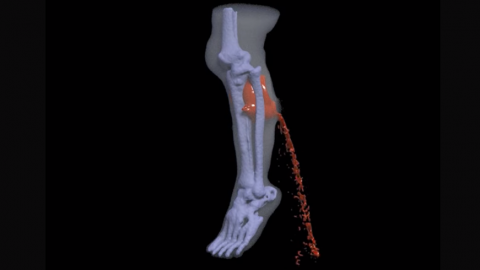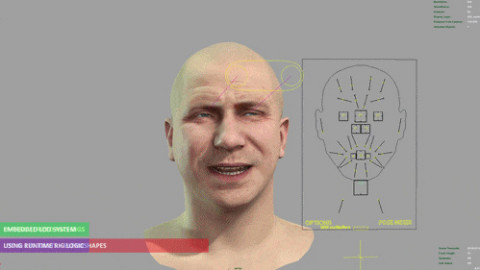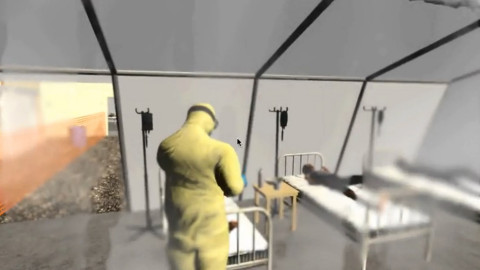
Smart tracking technology aims to build a road block for human trafficking
This article is part of a collaboration with iQ by Intel. When their aunt was abducted and traded into a pipeline of human trafficking while crossing the Mexico-US border, sisters America and Penelope Lopez turned to Internet of Things (IoT) technology to find a way to help other women. Human trafficking is a humanitarian crisis that affects nearly 21 million adults and children worldwide, according to recent statistics from the International Labor Organization (ILO). These victims are usually coerced into forced labor or become victims of sexual exploitation. They work for non-existent or slave wages and feel trapped, with seemingly…







